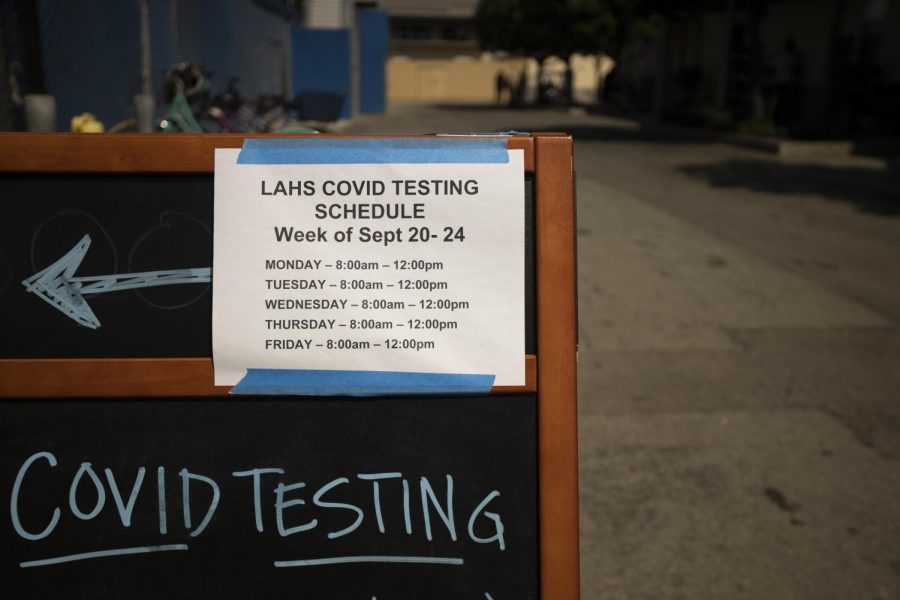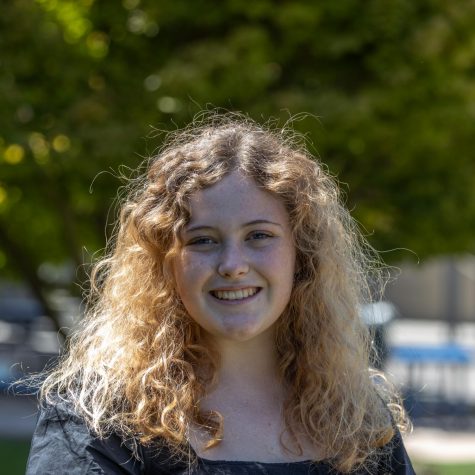Nina’s Notes: You can’t be immune to misinformation
When thinking about the source of COVID-19 misinformation, particularly in our area, your mind likely turns to the inaccurate information shared on social media about the effects of the virus or of the vaccine. But in schools, the issues surrounding COVID-19-related conversation are far more implicit, yet have the potential to be just as dangerous. It’s up to us to stay educated about COVID-19 protocol and to follow it.
False rumors about District COVID-19 testing and quarantine protocols have spread like wildfire across campus, from “you can still come to school if you’ve tested positive as long as you’re vaccinated” to “you can get a rapid test and it will count for a close-contact test..
When thinking about the source of COVID-19 misinformation, particularly in our area, your mind likely turns to the inaccurate information shared on social media about the effects of the virus or of the vaccine.
But in schools, the issues surrounding COVID-19-related conversation are far more implicit, yet have the potential to be just as dangerous. It’s up to us to stay educated about COVID-19 protocol and to follow it.
Misinformation about testing and quarantining can both be detrimental when it comes to how schools handle the spread of the virus. If people come to school knowing they are positive or have had a close contact and do not notify the District, they may spread the virus unbeknownst to their peers, thinking they’re doing the right thing.
Let’s make this clear: If students are confused about quarantine or testing protocol, they should refer to the District’s Covid Designee FAQ, not their lab partner.
To compound the issue, whenever close contact notifications are sent out, students try to figure out who tested positive.
This type of shaming could influence someone to not stay at home or seek a COVID-19 test if they were sick, fearing that they could be blamed for spreading the virus, but we need people to be staying home and testing for the safety of our school community.
And while saying COVID-19 isn’t real or downplaying its effects is worse than misunderstanding quarantine or testing protocol, both contribute to a higher risk of spreading the virus.
So, as we continue to fight the virus on campuses around the world, be diligent. Know what to do if you get sick or come into contact with someone who has COVID-19, encourage others around you to stay home and get tested if they are feeling sick, and wear your mask at school events, even if they are outside.
We may be reaching the end of the line, but COVID-19 won’t go away if we treat it as an afterthought.





